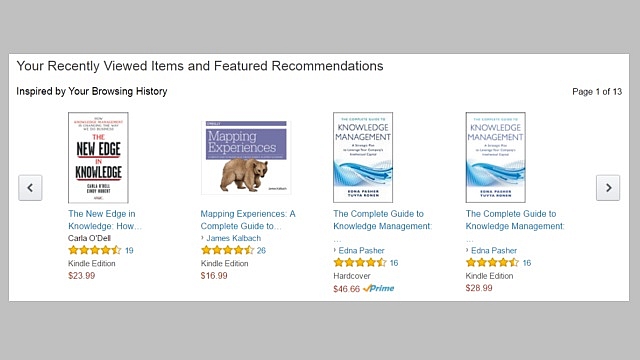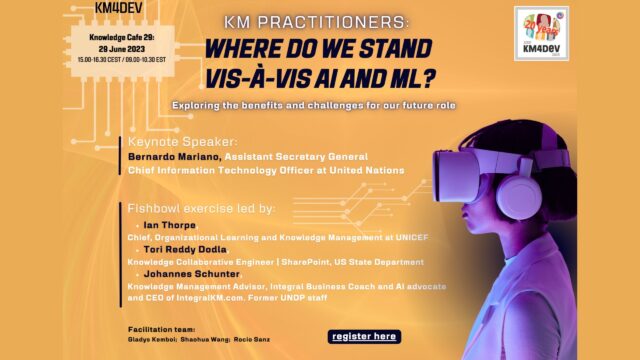
2017’s top 100 journal articlesArtificial intelligenceBrain power
When Will AI Exceed Human Performance? Evidence from AI Experts
Part 2 of a miniseries reviewing selected papers from Altmetric’s list of the top 100 most-discussed journal articles of 2017.
Advances in artificial intelligence are expected to transform modern life. By anticipating these changes, we can plan for them for effectively. With this in mind, a May 2017 paper1 surveyed a large number of machine learning researchers in regard to their views about progress in AI.
The survey used the following definition for the point at which machines outperform humans:
“High-level machine intelligence” (HLMI) is achieved when unaided machines can accomplish every task better and more cheaply than human workers.
Key findings were:
- Progress in AI may appear intrinsically hard to predict, but there are reasons for optimism in regard to the accuracy of the survey results.
- AI is predicted to outperform humans in many activities in the next ten years, such as translating languages (by 2024), writing high-school essays (by 2026), driving a truck (by 2027), working in retail (by 2031), writing a bestselling book (by 2049), and working as a surgeon (by 2053).
- Researchers believe there is a 50% chance of AI outperforming humans in all tasks in 45 years and of automating all human jobs in 120 years, with Asian respondents expecting these dates much sooner than North Americans.
- Researchers believe the field of machine learning has accelerated in recent years.
- Explosive progress in AI after HLMI is seen as possible but improbable.
- HLMI is seen as likely to have positive outcomes but catastrophic risks are possible.
- Society should prioritize research aimed at minimizing the potential risks of AI.
Reference:
- Grace, K., Salvatier, J., Dafoe, A., Zhang, B., & Evans, O. (2017). When Will AI Exceed Human Performance? Evidence from AI Experts. arXiv preprint arXiv:1705.08807. ↩
Also published on Medium.






